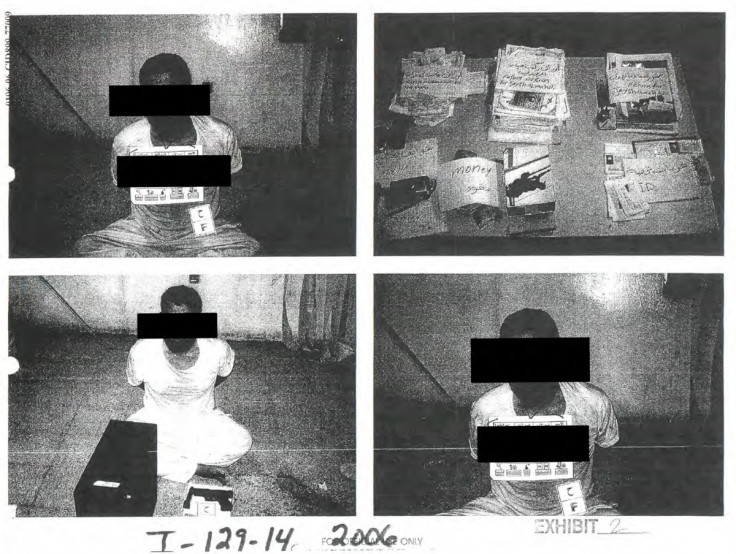Reformed US torturer Eric Fair struggles with guilt for 'swimming in depravity pool' at Abu Ghraib

What the US did to detained terror suspects in Iraq was torture and it was "horrible," said Eric Fair, who was one of the interrogators.
"My behaviour toward Iraqi detainees did not meet the standard that I had simply been raised on," Fair recalled. "It was not the way that I should've behaved. There are long discussions about why those things happened ... and how difficult it was to break from those expectations of being a soldier. But none of that matters. I made horrible mistakes. I have a responsibility to confess those things openly."
That's not to say the US considered what he was doing illegal. It was expected and it was routinely practiced to an even greater degree than Fair's participation, he said in an interview on NPR. He was surprised that US citizens were so shocked by Abu Ghraib because many, many people knew about a programme that was authorised by the nation's leaders.
Fair says he did not take part in the worst abuses, but he does not believe in a "middle ground" when it comes to torture. It was all torture, he believes, and he now deeply regrets his role in it and struggles with the guilt.
"I think that the minute you violate another human being's will, as Americans, we have an obligation to call that torture," he said.
"Nudity was sort of the theme of the entire prison," Fair explained to NPR's Terry Gross. "The number of Iraqis that were naked was shocking, and it was cold. Sleep deprivation and forced standing were the most common thing that most prisoners were suffering.
"They were handcuffed to the cell walls in a position in which they were standing, their hands were placed down between their legs, and then their hands were handcuffed back behind them, which denies you the opportunity to sit down or to rest. It was a shock to the system," he added.
"We hurt people, and not just physically," said Fair, who has written a book about his experience and the aftermath. "We destroyed them emotionally. I think at the very least it's a just punishment for us that we suffer some of those consequences, too."
After working as a police officer in Pennsylvania, Fair served in the military because he believed in the war in Iraq. After his tour he returned to work as an interrogator in the infamous Abu Ghraib prison and Fallujah, employed by a private company under contract to the military. He was later employed as an intelligence analyst for the National Security Agency (NSA).
His worst days were as an interrogator in 2004 in Abu Ghraib where he was under orders to get information and had the sense that as far as strategy was concerned, "we were almost going to make it up as we went along." He relied mostly on using stress positions on prisoners – forcing suspects into physical positions unable to be maintained, like being in a push-up position until "you essentially achieved muscle failure," he said.
"There was never a point at which I thought I knew I had crossed a line. I knew that we were being aggressive and there was a certain confusion around why we're doing this." But by dipping his toes into that puddle, he was "essentially swimming in the pool of depravity."
Asked about the effectiveness of torture to obtain reliable information, Fair responded: "I refuse to suggest that torture is successful on any level. It shouldn't matter to anyone in this country. I'm not sure why we've gotten to this point where we start to talk about the effectiveness of torture, as if that makes any difference whatsoever."
While he owns up to his own guilt, he is not letting other US citizens off the hook.
"Torture is wrong. Americans, all Americans, should know better. That's what makes us attractive; what makes us attractive is the way we do things, it's the example that we set. What makes us attractive is not how tough we are or how good we are at extracting information, and anyone who thinks that way I think fails to understand what this country is about."
© Copyright IBTimes 2025. All rights reserved.






















